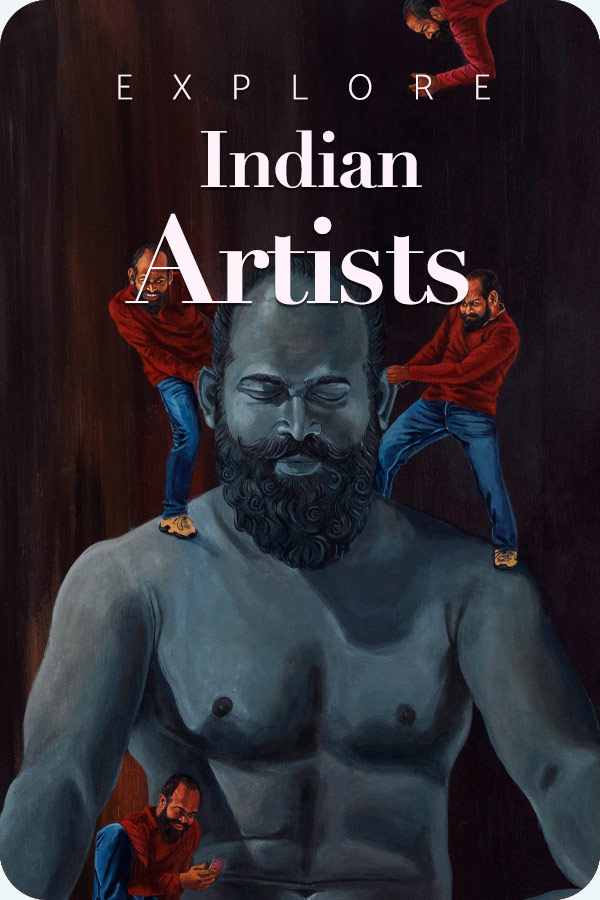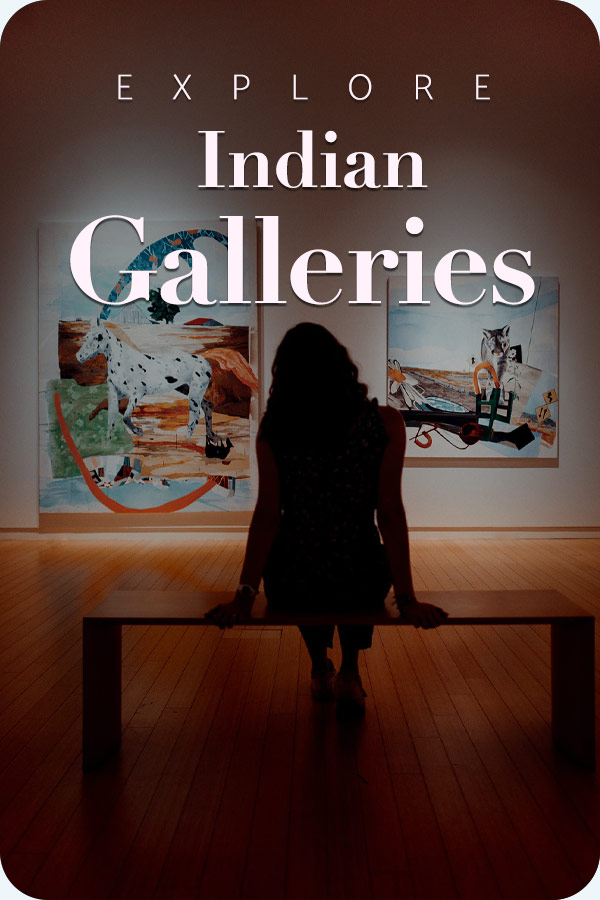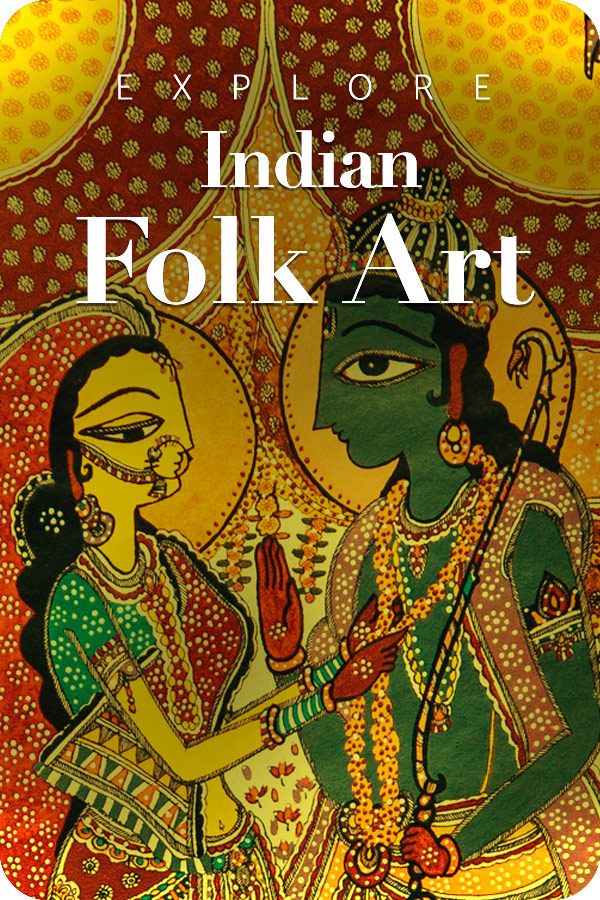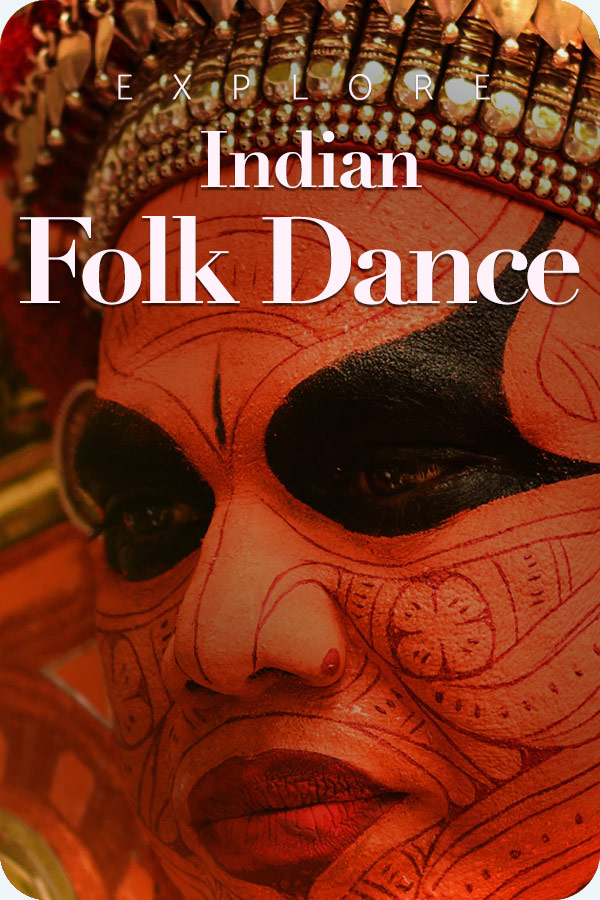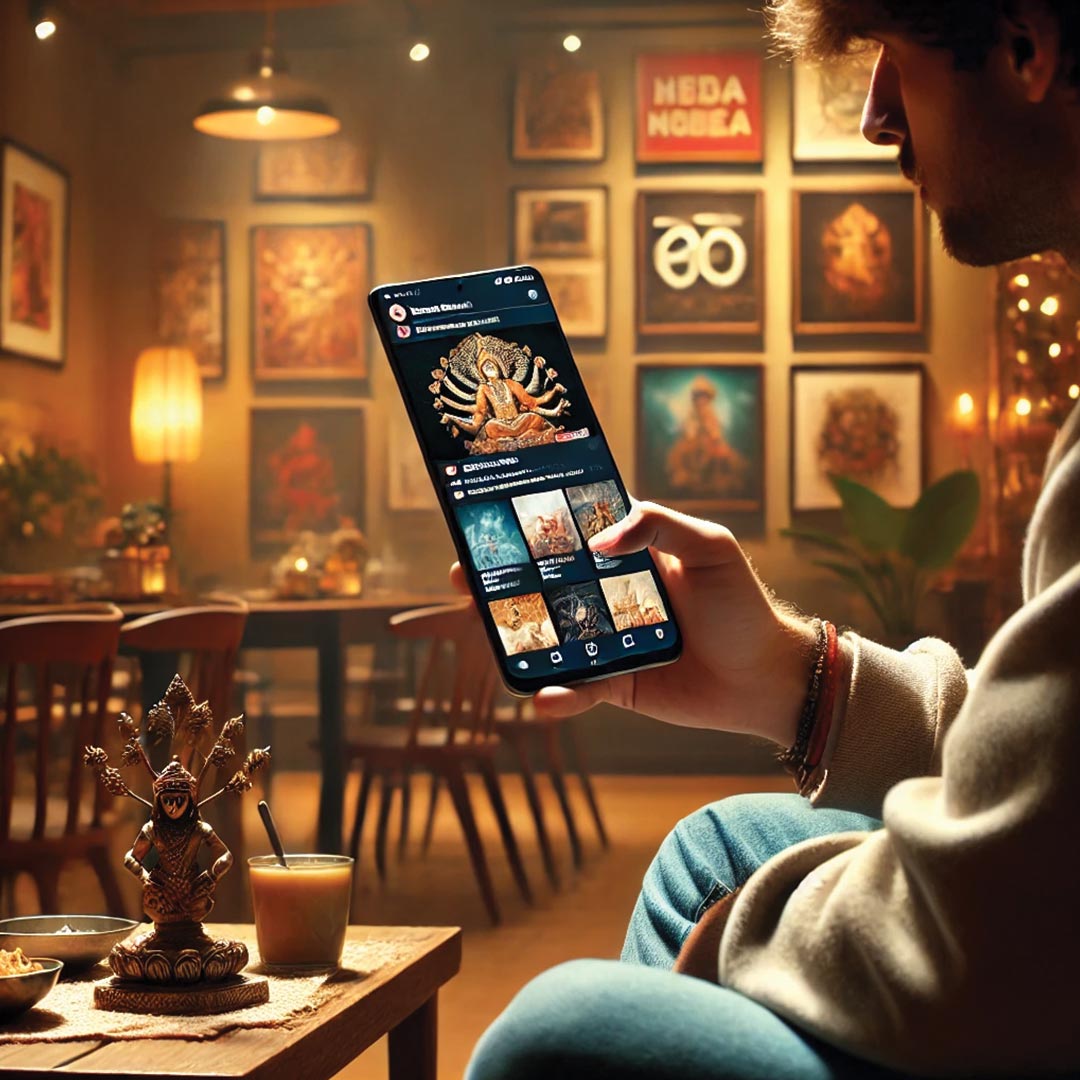
Lately, there has been a great interest in Indian mythology in the generation Z with emergence of the same in literature and social media. People are not just interested in the same old stories but they want such stories to be retold in a different way that will make sense today. These mythological narratives were once upon a time told by the old people but now they serve as educational content for the youths on all digital platforms combining history with some fantasy and real life lessons for them.
Reasons Why Myths are Popular Again
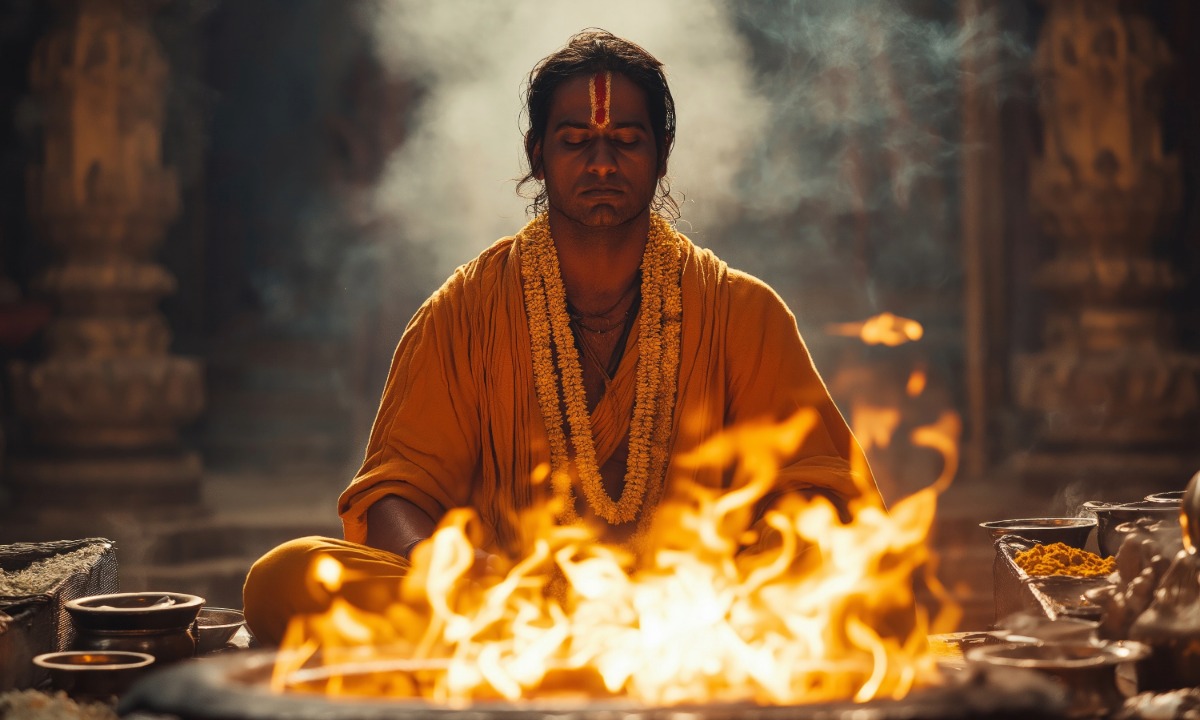
Relatable Themes and Characters
Most mythological tales encompass feelings, issues, as well as ethical paradoxes which strike a chord in the hearts of many young individuals today. Love, betrayal, duty, redemption – these may sound like simple words but they carry a lot more meaning than before. Millennials feel emotional about this kind of story because they are able to identify with similar problems too. For instance, there have been new versions of well-known characters such as Arjuna, Sita or even Ravana portrayed like heroines and having their own weaknesses or strengths too. Such complexity heightens their humanity and hence association with contemporary readers.
Combining Past With Present
Mythologies are highly loved today due to the fact that they seamlessly blend into contemporary storylines. Traditional aspects mixed with current related issues create appealing content for all viewers. In a recent development, for example, one can see comic characters who take lead roles of gods or goddesses fighting crime while moving around busy streets. Other relevant topics of discussion include psychology among men/women, women empowerment and role human plays protecting nature ecology depicted in these comics. Through this approach, Gen Z is enabled to embrace their culture in relation to important matters surrounding them.
The Effect of Various Communication Means
Books and Literature
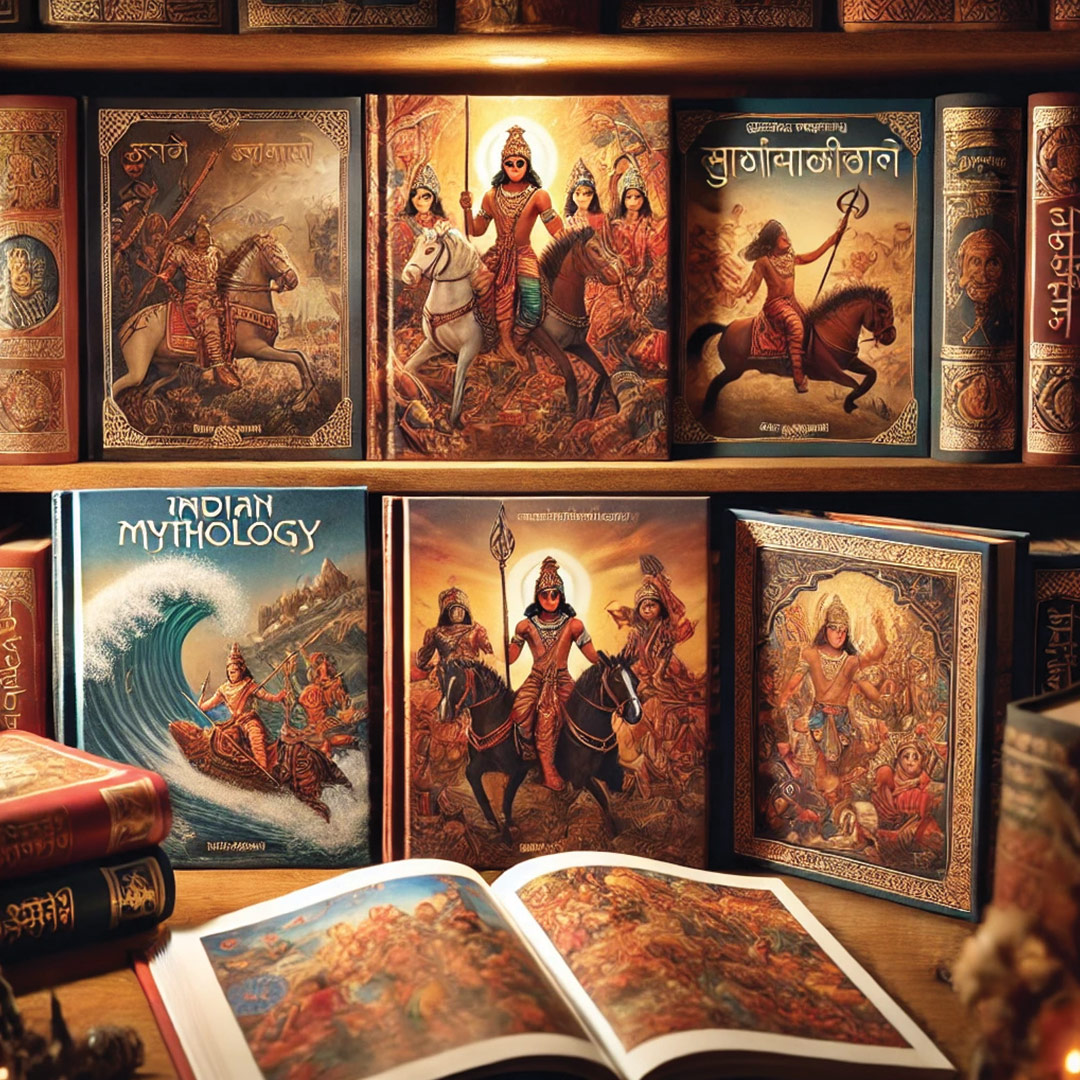
Indian mythology has found new life in literature, with retellings becoming bestsellers. Writers like Amish Tripathi and Chitra Banerjee Divakaruni have reimagined old tales from unique perspectives, bringing lesser-known characters to the forefront. These books provide a mix of adventure, drama, and historical insight, catering to a generation that craves depth and diversity in storytelling. Whether it’s the Shiva Trilogy or Draupadi’s perspective in The Palace of Illusions, these books have become essential reading for mythological enthusiasts.
OTT Platforms
The OTT platforms have also not been left behind; they take advantage of this trend by availing high quality classic based content. Some series combine mythology like Asur but may also contain Hinduism philosophies. They achieve this goal using film language tools that render mythology, making them intriguing for modern audiences. By using cinematic storytelling techniques, these platforms make mythology accessible, gripping, and relevant. The visual appeal and strong narratives ensure that these stories don’t just stay in history books but come alive on screens.
Web Comics and Digital Art
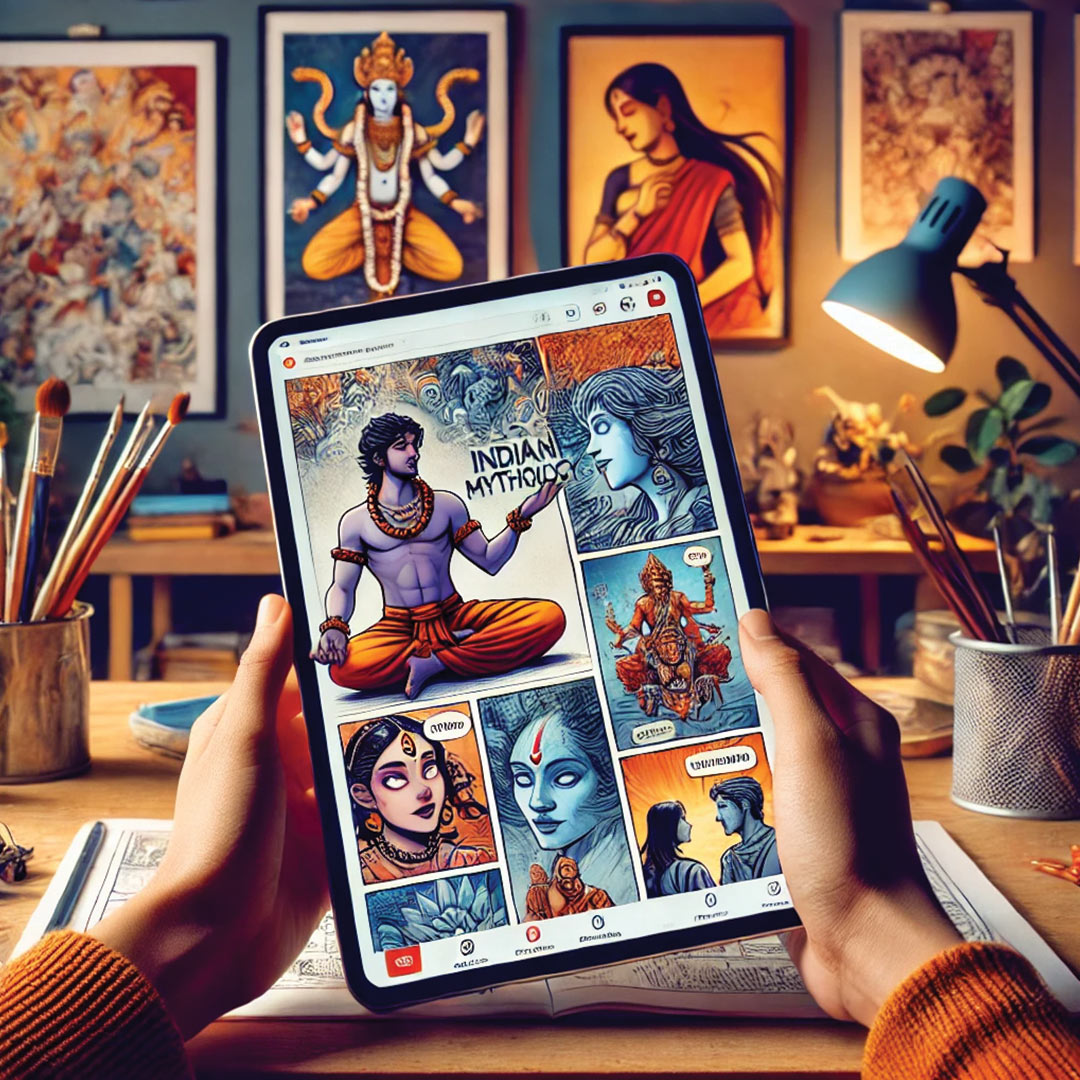
Today, digital storytelling is highly utilized on social media. Web comics, as well as animated series found in Webtoon and Instagram, have provided a means through which the mythology can be taken to kids in very simple ways. These comics take complex stories and make them simple ones while also incorporating some fun elements and put a modern-day twist to mythological characters. Observing a meme with Lord Vishnu wearing a hoodie or Draupadi making arrogant remarks is sure to bridge the past with contemporary realities in their minds.
Cultural Reclamation and Identity
Rediscovering Roots
The process of Indian mythological literature becoming popular worldwide means that as people become more exposed to other cultures it becomes difficult for them to appreciate their own culture. Such individuals could turn to Indian mythologies which would assist them in learning about their culture including education systems. The reading of such stories will therefore enhance self identification since it will make individuals proud of their cultural heritages within India, Africa among other places in the world today.
Challenging Narratives
The younger generation, notably Gen Z is famous for going against what has been termed as normal and inclusivity is no longer negotiable but a must have factor. Through mythology, they get insights on various topics such as sex identities, dominance of some castes over others and what determines right or wrong behavior. Many narratives now pay attention to overlooked figures like Mandodari, Urmila, Karna’s wife thereby giving fresh views on ancient stories. This change promotes arguments and enhances insight into mythology from different angles other than those commonly heard.
Educational Value
Moral and Ethical Lessons
It contains many lessons concerning morality, justice and leadership of Indian mythology. For example, The Bhagavad Gita tells us about our responsibilities towards society and doing what is right because failure may not be an option while The Ramayana speaks on issues surrounding morality such as bravery seen in war settings. These teachings have both theoretical implications on one side; however they are also quite practical especially when you consider that children nowadays grow under very difficult circumstances from which it may be hard for them to develop sound morals alone without any help or guidance along the way.
Critical Thinking and Interpretation
One can enhance critical thinking by engaging with mythology. Readers compare different versions of stories, draw out meaning which they relate with at personal level. In addition this academic exercise aids one to know inherent prejudices better while encouraging open mindedness towards several viewpoints plus recognizing development processes inherent within any given narrative tradition over time itself.
Community and Shared Experience
Online Communities
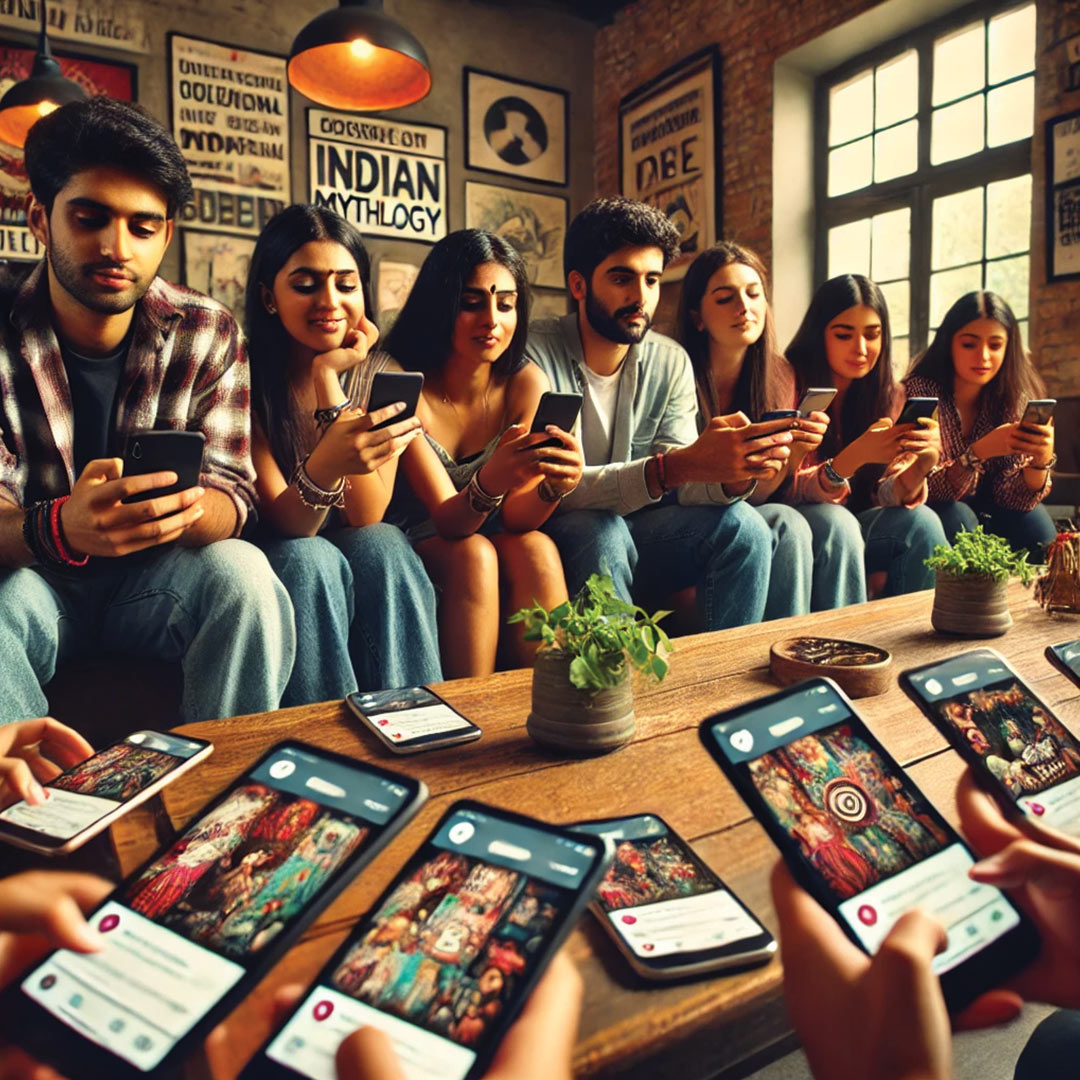
Social media has led to the emergence of online communities around mythology. There are chat rooms on Reddit, Discord or Instagram dedicated for fans who wish to express their opinions about particular artwork related to a given myth character. These online platforms create unity among individuals interested in myths by forming virtual shrines for storytelling events where tales are remembered and given new meaning every time they’re told again around this sacred digital fire pit.
Fan Fiction and Creative Expression
Members of Generation Z are not idle consumers of mythology. Whether they take a cultural approach on Mahabharata or create a story in which Ravana becomes a heroic figure, these kinds of productions enable an interactive form of mythological engagement for the youth.
Conclusion
To Generation Z, the reappearance of interest in Indian mythology goes beyond fashion; it denotes culture’s moving position towards embracing roots and standing upon eternal morals seen in stories which can also sound like today’s news if told properly. As long as there are books, OTT shows and webcomics that retell these stories in different ways, Indian mythology will continue evolving and stay important.
FAQs About Gen Z Obsession with Indian Mythology
Question: Why is Indian mythology gaining popularity among Gen Z?
Question: How are OTT platforms contributing to this trend?
Question: What role do web comics play in this resurgence?
Question: Are these retellings faithful to the original stories?
Question: How does engaging with mythology benefit Gen Z?
Few Lines about Indian Mythology’s Popularity Among GenZ
- Today’s youngsters have fallen in love again with Indian mythologies, due to books, films and webcomics.
- The mythological icons now have different roles and face numerous problems.
- Streaming today enhances ancient literature using sophisticated communication approaches.
- Web comics offer new jokes on old topics.
- Life lessons abound in mythology applicable even today.
- Retellings challenge old narratives and give voice to forgotten characters.
- Online communities provide a platform for young enthusiasts to converse and reinterpret myths.


